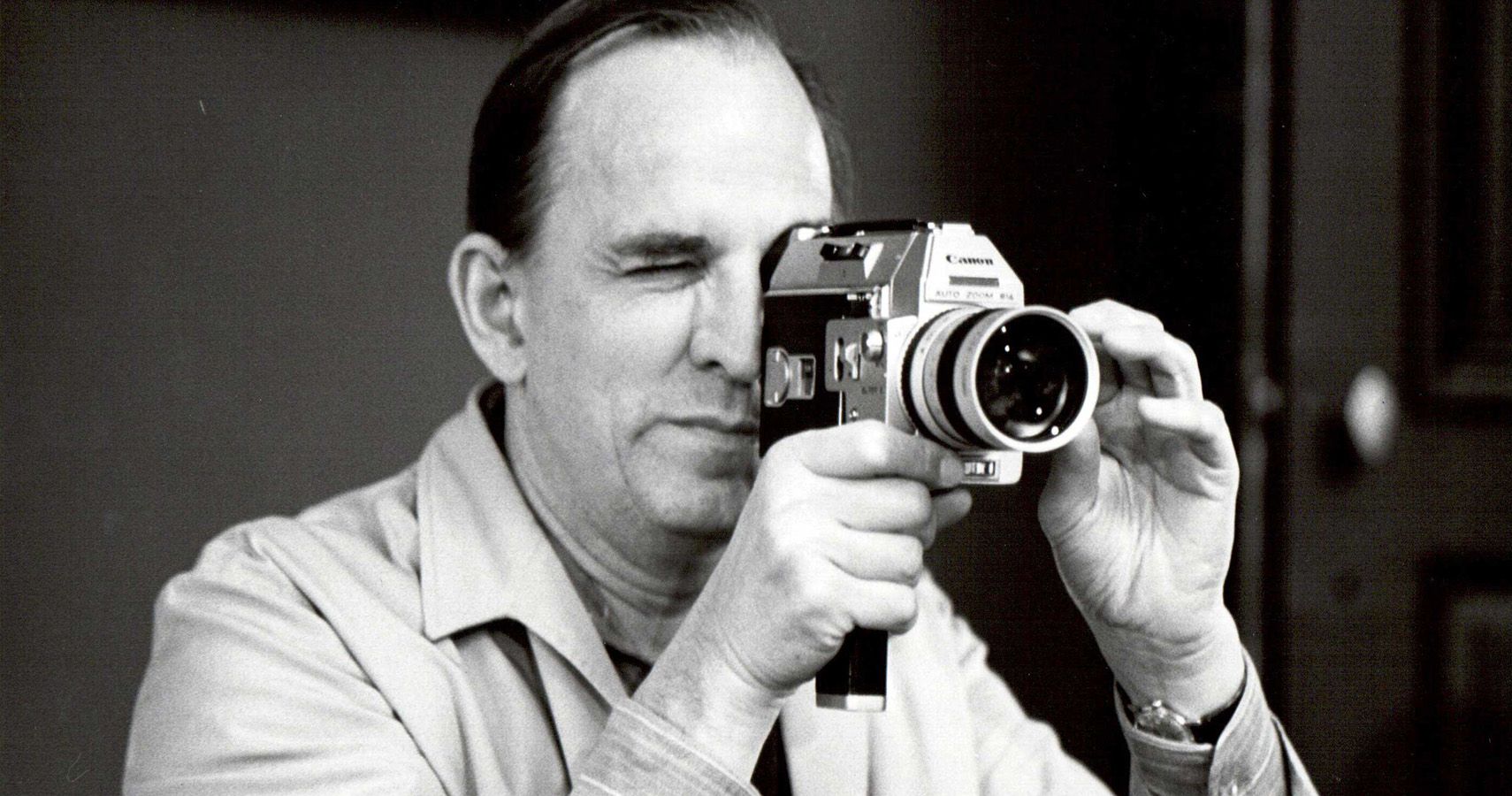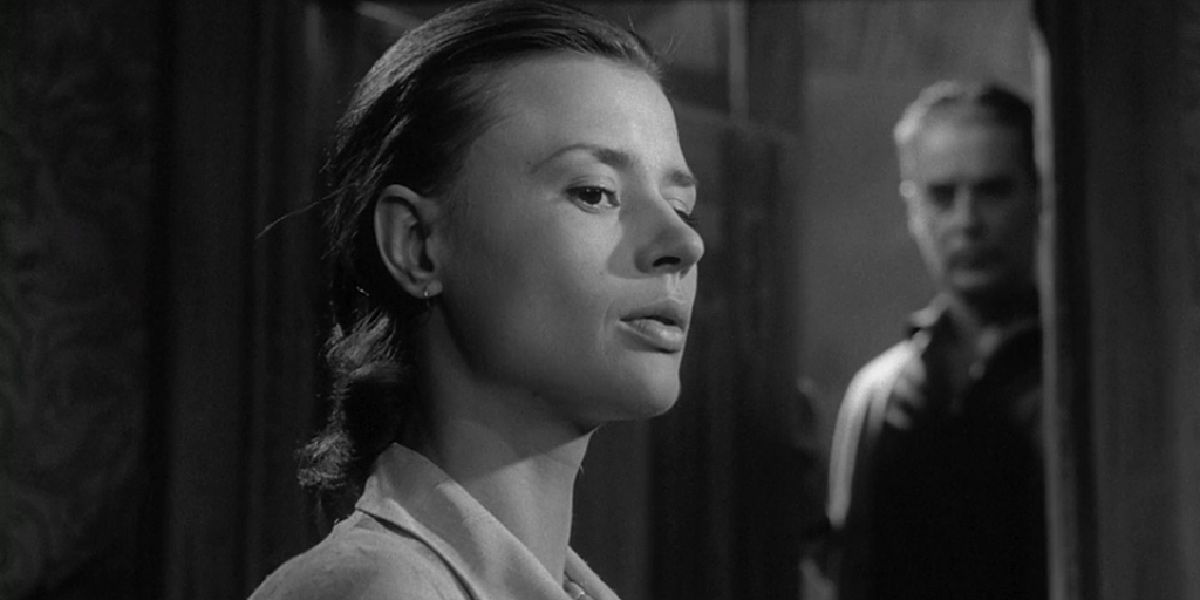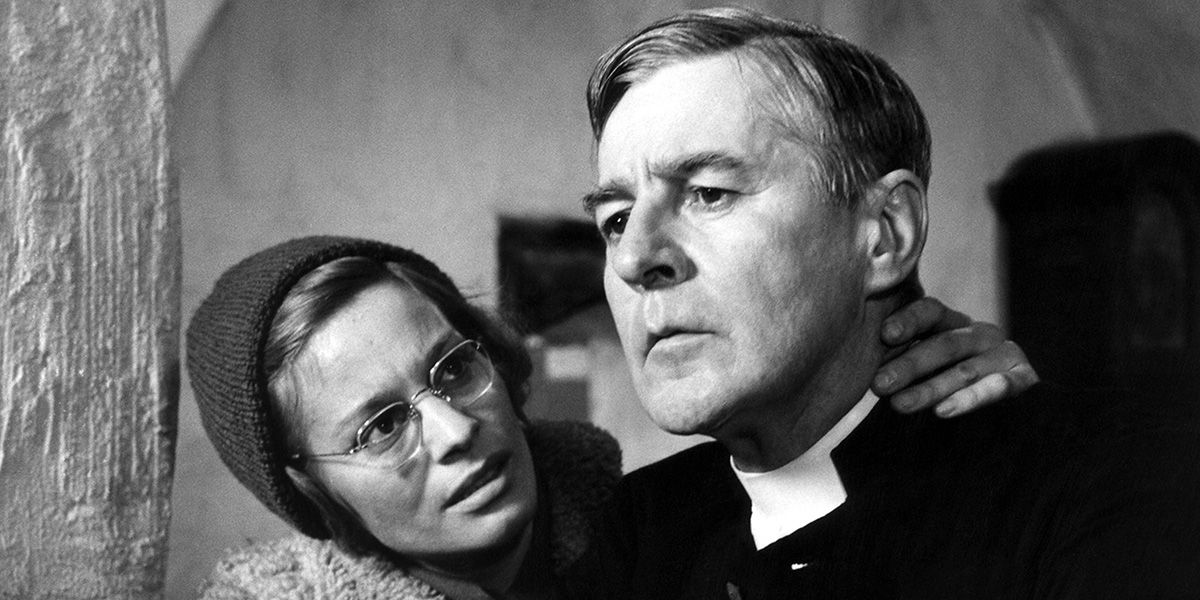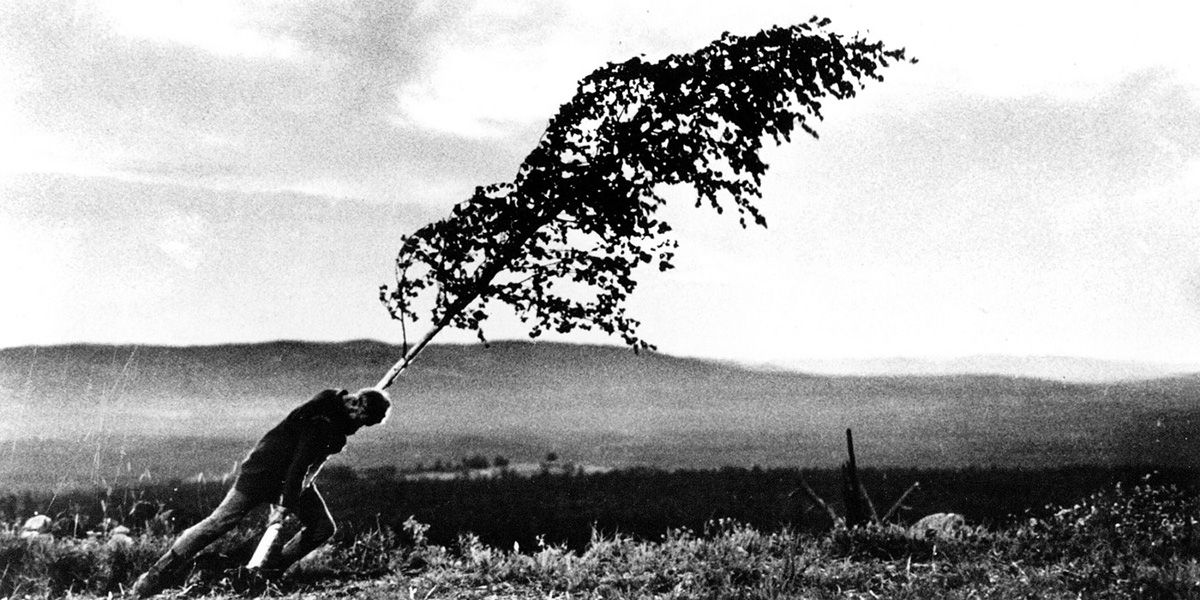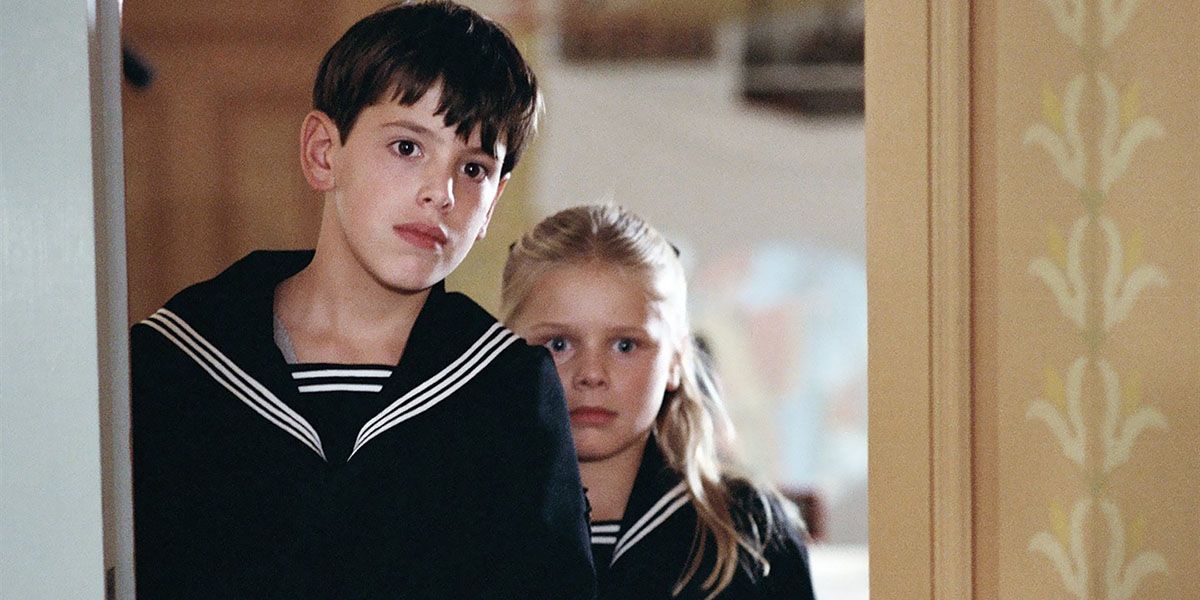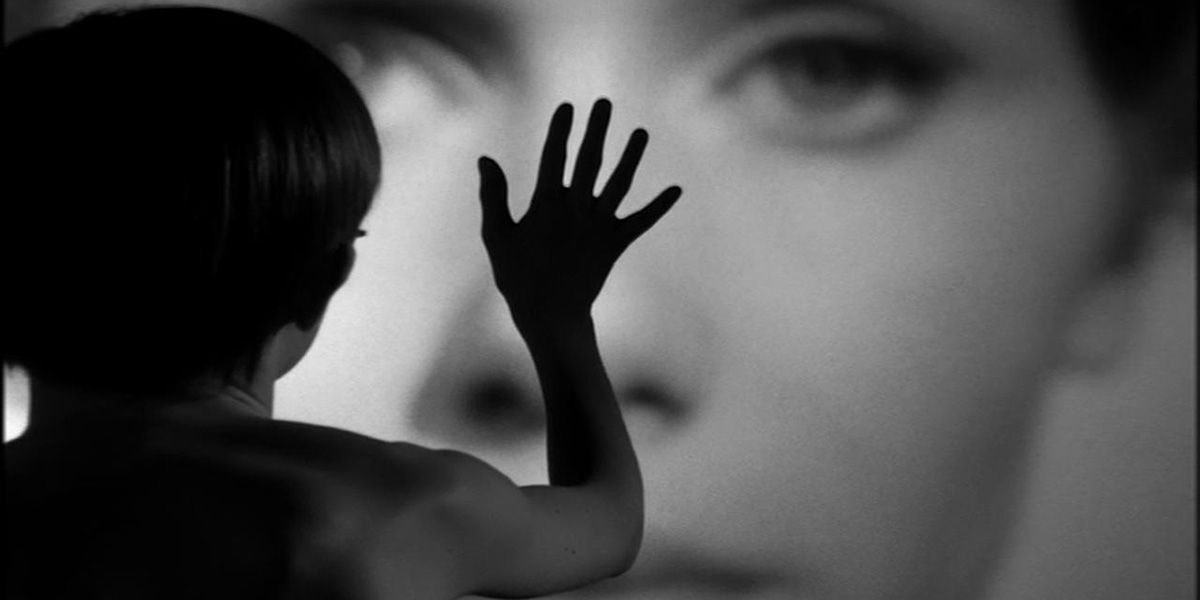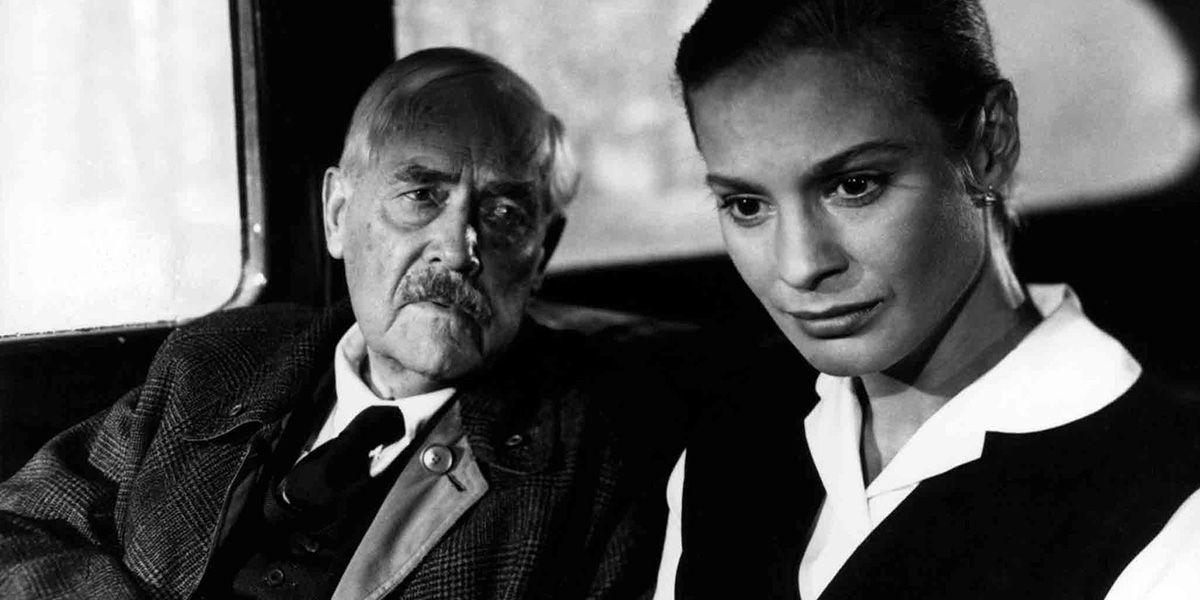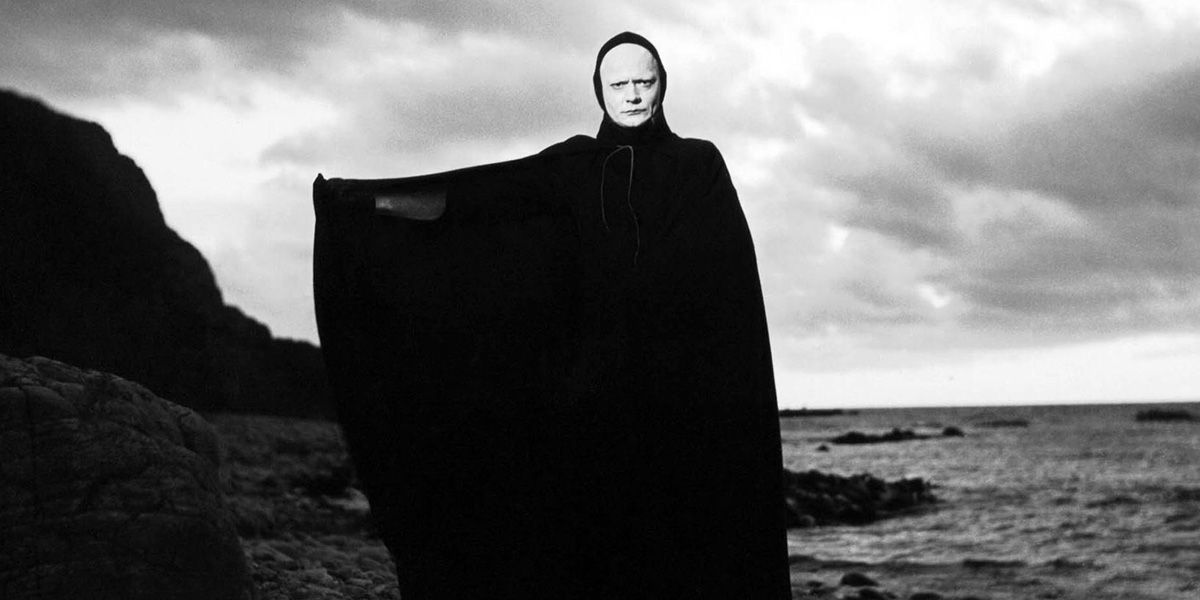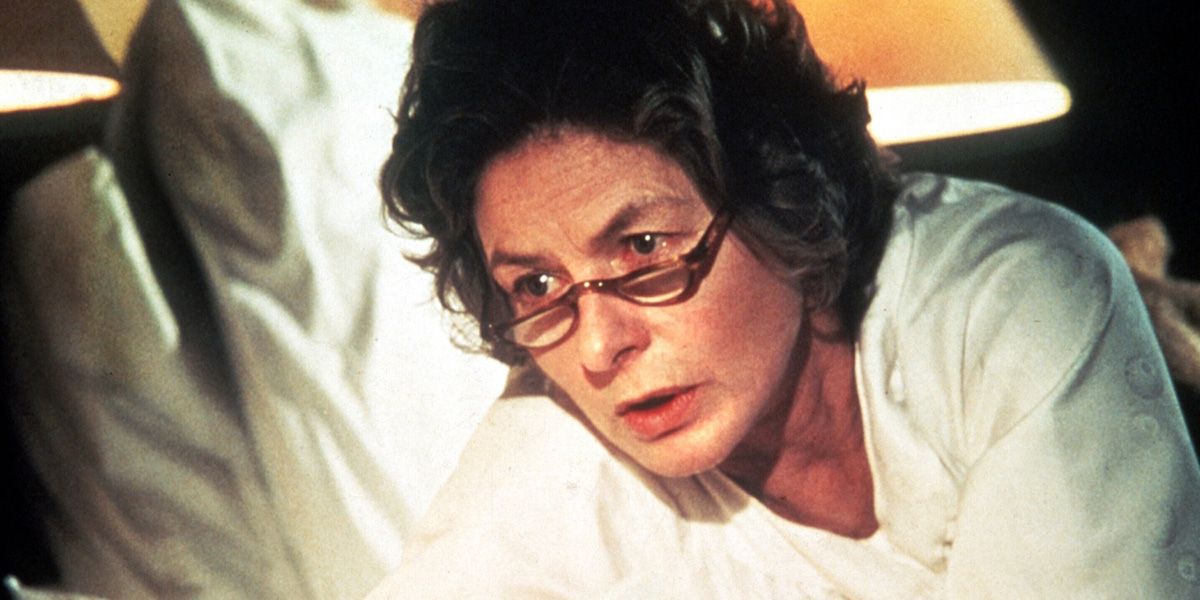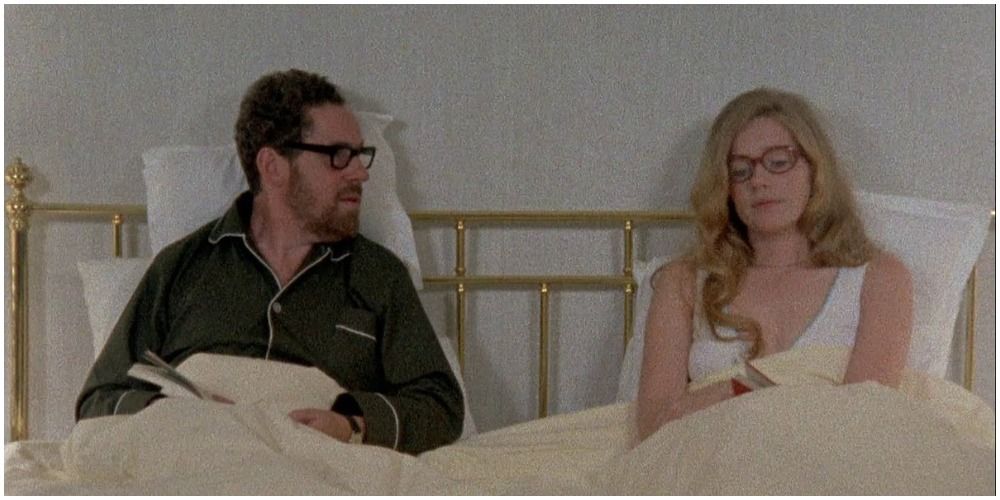Ingmar Bergman is one of the greatest directors ever. The highly influential Swede directed well over 60 features and TV shows, as well as several plays. Bergman was a master at displaying internal struggles of faith and conviction - many of his most iconic sequences and films revolve around this idea. He was also well-known for shooting his films on minuscule budgets, as frequently as low as $500,000.
He worked with many of the same actors and crew throughout his career, including Max von Sydow. Von Sydow starred in 11 Bergman films. Bergman is perhaps the most well-known Swedish director and certainly the country's finest auteur. Here are his top 10 films, according to IMDb.
Shame (1968) - 8.1
Shame stars Max von Sydow and Liv Ullman as Jan and Eva, two violinists whose home is rocked by civil war. They are captured by the town's former mayor, who manipulates Eva for favors in exchange for money. It's later revealed that the former mayor is trying to buy his freedom from the military - he is unsuccessful.
The film never elaborates on what the soldiers who invade Jan and Eva's rural town are fighting for. Instead, it focuses purely on their effect on the pair's relationship and its disintegration.
Through A Glass Darkly (1961) - 8.1
Through a Glass Darkly is the first in a thematic trilogy, followed by 1963's Winter Light and The Silence. The film takes place over one day and focuses on a single family, played by many Bergman regulars. Harriet Andersson's Karin has just been released from an asylum where she was being treated for schizophrenia. Much of the film concerns her delusions and the effect her mental state has on her family. Notably, the effect is positive. Karin's delusions, especially about meeting God, reaffirm the family's belief in God's love for humanity and our love for one another.
Glass is notable for being the first film Bergman shot on the Swedish island of Fårö. Bergman moved to the island in the early 1960s. He lived there until he died in 2007, except for a nine-year stint in Munich.
Winter Light (1963) - 8.1
Bergman's 1963 film Winter Light continues the trilogy started in 1961's Through a Glass Darkly and concluded with 1963's The Silence. The trio are in conversation with one another, asking and considering many of the same questions. It also repeats Glass' reference to God as a massive spider.
Light focuses on rural pastor Tomas Ericsson, played by Gunnar Björnstrand, whose dark past and relationship to God drive much of the plot. He struggles to reconcile his past actions with his position as pastor and lack of faith.
The Virgin Spring (1960) - 8.1
Bergman returned to the historical picture for The Virgin Spring. Bergman and screenwriter Ulla Isaksson adapted a 13th-century Swedish ballad for the film, which explores the struggle between paganism and Christianity for control of medieval Sweden.
The film stars Birgitta Pettersson as a Christian girl and Gunnel Lindblom as her pagan servant. The two have a falling out and the girl is murdered. The girl's father, played by Max von Sydow, enacts revenge on her murderers but repents upon finding her body.
Fanny And Alexander (1982) - 8.1
Fanny and Alexander was first created as a 312-minute TV miniseries and later cut into a 188-minute film. Both versions received theatrical releases, with the 312-minute version being one of the longest films ever made. The semi-autobiographical focuses on Fanny and Alexander Ekdahl, two children in early-20th century Uppsala. Their mother marries a bishop after the death of their biological father, but the bishop treats the children harshly. Fanny and Alexander use stories to escape the bishop's harsh punishment and possibly much more.
The 188-minute cut won four Academy Awards: Best International Feature, Cinematography, Art Direction and Costume Design. It was also nominated for Best Director and Best Original Screenplay.
Persona (1966) - 8.1
Bergman reunited with frequent collaborators Bibi Andersson and Liv Ullman for this psychological drama. Ullman plays Elisabet, a famous stage actress who is cared for by Andersson's Alma.
Elizabet has willfully stopped moving and speaking. The pair learn more about each other as Alma continues to care for Elizabet and the lines between who is who begin to blur. The film's title refers to Carl Jung's theory of persona as a mask for the soul, which Jung called "alma."
Wild Strawberries (1957) - 8.2
Wild Strawberries isn't actually about strawberries. Its title is a Swedish idiom for a place of sentimental value. The film stars Swedish silent film legend Victor Sjöström in his final role as Isak Borg, an elderly professor who is forced to reevaluate his life.
He meets several hitchhikers while driving from Stockholm, Sweden, to the city of Lund. The hitchhikers induce Isak to have daydreams about his past and these daydreams allow Isak to come to terms with himself and his past.
The Seventh Seal (1957) - 8.2
Bergman made questions of faith a central theme throughout his career. The Seventh Seal was his first film to interrogate these questions. The movie stars Max von Sydow as a medieval knight who challenges Death to a game of chess. Seal intercuts between the game itself and the knight's attempts to do "one meaningful deed." Sydow's knight encounters various characters throughout the film, each giving him the opportunity to perform that deed.
The Seventh Seal was the first film to establish Bergman on the international stage and remains his most referenced and parodied.
Autumn Sonata (1978) - 8.3
Autumn Sonata was the only time Ingmar Bergman worked with fellow Swede, Ingrid Bergman. It was both her final film role and the last film he made specifically for theatrical exhibition.
Ingrid Bergman plays Charlotte, the mother of Liv Ullman's Eva. The pair are reunited after seven years apart at the film's outset and the film focuses mainly on their attempts at reconciliation. Charlotte and Eva constantly one-up the other throughout Charlotte's stay and argue on Charlotte's final night at Eva's, but leave the possibility of reconciliation open for the future.
Scenes From A Marriage (1974) - 8.5
Like Fanny and Alexander, Scenes from a Marriage was originally conceived as a TV miniseries. The 282-minute miniseries aired in six parts in 1973 before being cut to 168 minutes for theatrical release in 1974.
It stars Liv Ullman and Erland Josephson as Marianne and Johan, a couple whose marriage falls apart over 10 years. They first seem to be the ideal couple, but cracks in the foundation immediately start to show. The film has been referenced and parodied several times, including in 2019's Marriage Story.

